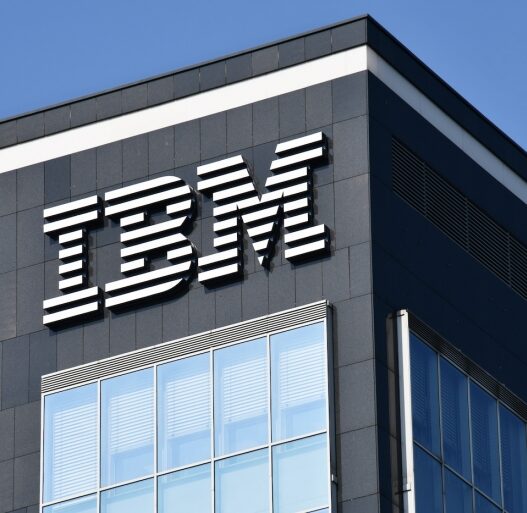The Dawn of a New Technological Era
Powered by MasterCFA.com
What Happened?
Dario Amodei, CEO of AI safety research company Anthropic, has published an essay titled “Machines of Loving Grace.” This thought-provoking piece presents an optimistic vision of artificial intelligence’s potential to radically transform society for the better.
While acknowledging the need to address risks, Amodei outlines how advanced AI could revolutionize areas such as health, economics, and governance.
Why Does This Matter?
Impact on the Economy:
The widespread adoption of advanced AI systems, as envisioned by Amodei, could lead to unprecedented economic growth and efficiency.
AI’s potential to revolutionize fields like healthcare, economic development, and governance could result in significant productivity gains across various sectors. This could potentially reshape global economic structures and lead to new paradigms in wealth creation and distribution.
Personal and Business Effects:
For individuals, the transformative power of AI could mean improved health outcomes, better mental well-being, and potentially more fulfilling work experiences.
Businesses might see dramatic shifts in operational efficiency, innovation capabilities, and problem-solving capacities. However, this also raises questions about job displacement and the need for reskilling in many industries.
Theoretical Concepts in Action
Economic Theories at Play
- Technological Unemployment: The concept that technological advancements can lead to job losses in the short term, while potentially creating new types of jobs in the long run.
- Creative Destruction: Economist Joseph Schumpeter’s theory that describes the process of industrial mutation that continuously revolutionizes the economic structure from within, destroying the old one and creating a new one.
- Productivity Growth: The idea that technological advancements can lead to increased output per unit of input, driving economic growth.
Real-World Application
Historically, we’ve seen these theories play out during the Industrial Revolution. For instance, the introduction of the steam engine initially displaced many manual laborers but ultimately led to new job categories and increased overall productivity.
In the context of AI, we might see similar patterns. For example, AI could automate routine tasks in fields like radiology, potentially displacing some jobs. However, it could also create new roles for AI specialists and enhance the overall quality of healthcare diagnostics, leading to better patient outcomes and potentially reducing healthcare costs.
What Could Happen Next?
- AI-Driven Scientific Breakthroughs: We might see rapid advancements in fields like drug discovery or clean energy technologies, accelerated by AI’s ability to process vast amounts of data and generate novel solutions.
- Shifts in Education and Work: As AI takes over routine tasks, there could be a greater emphasis on developing uniquely human skills like creativity, emotional intelligence, and complex problem-solving.
- New Economic Models: The abundance created by AI could lead to discussions about universal basic income or other novel economic structures to distribute the benefits of AI-driven productivity.
- Ethical and Governance Challenges: As AI becomes more powerful, we may need to develop new frameworks for ensuring its responsible use and addressing issues of privacy, bias, and accountability.
Why You Should Pay Attention
Understanding the potential impacts of AI is crucial for making informed personal finance and investment decisions. As AI reshapes industries, it will create both risks and opportunities in the job market and investment landscape.
For instance, being aware of AI’s potential in healthcare could inform investment decisions in biotech or health tech companies. Similarly, understanding the potential for AI-driven automation in various sectors could help in making career decisions or identifying emerging job markets.
Moreover, as AI potentially increases economic productivity and efficiency, it could have significant impacts on monetary policy, inflation, and overall economic growth. Being attuned to these trends can help in making more informed decisions about long-term savings and investment strategies.
Questions to Ponder
- How might the widespread adoption of advanced AI systems affect income inequality?
- What ethical considerations should guide the development and deployment of powerful AI systems?
- How can societies best prepare for the potential job market disruptions caused by AI advancements?
- What role should government play in regulating and guiding the development of transformative AI technologies?
- How might the concept of work and personal fulfillment change in a world where AI can handle many complex tasks?
Keep Learning with MasterCFA: Staying informed about the potential impacts of AI on various sectors of the economy is crucial for any aspiring financial analyst. Understanding these technological trends and their economic implications can give you a competitive edge in the rapidly evolving finance industry. Dive deeper into these topics to enhance your understanding and prepare for the CFA Exam. Explore more insightful articles and resources with MasterCFA to stay ahead in your finance career.















